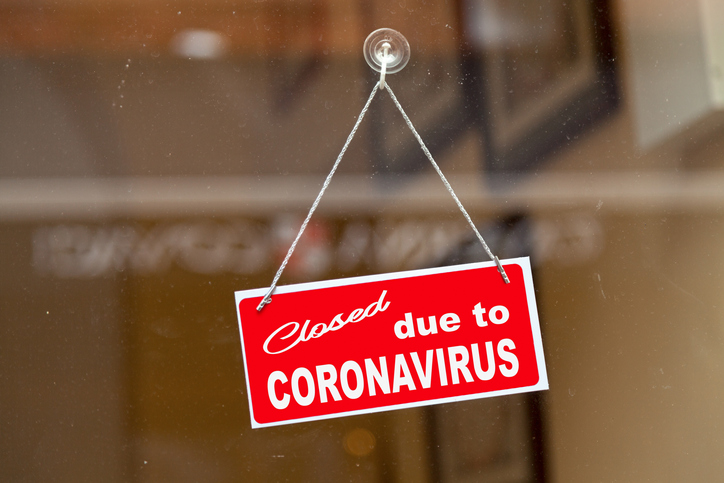
Lawyers urge businesses to “read the fine print” over Job Retention Scheme
Legal advice has been issued to drinks businesses who are now looking to rely on the government’s promise to cover 80% of salaries (up to a limit of £2,500) a month to furloughed members of staff during the current coronavirus (Covid-19) health crisis.
The Job Retention Scheme announced by the government last week was hailed as a tourniquet by many as it aimed to avoid mass firings and allowed fallow employees to stay on the payroll.
However, in a round robin sent to the trade, solicitors at a specialist workplace and employment firm have made it clear that it is “essential to read the fine print” and to consider how the scheme will work in practice before businesses become dependent on it.
Aiming to highlight some key issues employers should be considering, Rose Smith, senior associate at Doyle Clayton said: “There is a lack of clarity. We don’t have detail about when the grants will be available other than that the scheme will be running by late April. It is [also] not clear if it will include redundancy situations, or whether and how employers will need to demonstrate the fact the employee is not required to work.”
She went on to highlight that the scheme is intended to cover “total employment costs rather than salary costs”.
This means employees will still be subjected to the deduction of national insurance (NI) and income tax, and the business will need to pay employers’ NI and pension contributions.
“So the amount actually paid to the employee may be less than the headlines are touting (and something which the employee may not be expecting)”, said Smith.
There is also the question of how businesses will apply the scheme to higher-paid employees. Employers will need to consider whether they can or will top up salaries over the government grant, or try to get employees to agree to a pay cut.
“And what happens when the support ends?” asked Smith. “Will your business immediately bounce back to requiring its full staff, or is it more likely that the increase will be gradual? Is there a chance you may rethink the business and staffing structure during the period that things are on hold? If so, you may still need to make redundancies, or you may need to continue to keep staff on furlough, at which point the government support may have stopped (it is currently only available for wage costs between 1 March and 31 May 2020).
“Immediate satisfaction not guaranteed. The lack of clarity and delay in the scheme coming on stream may mean that it is not possible for your business to judge whether the government scheme is the right route for your business. At the moment, every day and week count, and continuing to pay staff while the government crystalises its plans may simply not be possible for your business.”
Questions about how the scheme will work in practice and its delayed start time have also been raised elsewhere.
As reported by the Guardian, the HMRC workforce has seen 15,600 staff cut and 157 local offices with local knowledge closed since the crisis escalated, prompting questions over whether HMRC will be able to pay wage subsidies to companies in time to save them.
Other hints and tips from the round robin include PR advice and advice over commercial businesses facing hefty rent bills.
Jennifer Sutcliffe of Jams PR, who organised the email, said now is the time to “get your ducks in a row” in preparation for when things reopen.
“You are going to reopen and when you do the market is going to be overcrowded with brands shouting to get customers back. Start re-engaging with your PRs, social media managers, marketing departments so they can start planning campaigns for three to six months' time.
“Get a really solid Christmas bookings strategy in place… and stay away from virtue signalling. It’s fabulous that brands are doing so much to help those in need at the moment, delivering food to NHS workers etc, but don’t use this as a constant PR stunt for your brand.
“Customers will see through it. One social media post will suffice, live streams of you delivering the food – not so much.”
Keywords:
- Social Media
- HMRC
- Business
- staff
- Government
- need
- time
- pr
- employees
- scheme
- NHS
- rent
- Job Retention Scheme
- possible
- advice
- fine print”
- round robin
- retention scheme
- job retention
- commercial tenants rent
- businesses facing hefty
- facing hefty rent
- hefty rent bills
- NI





